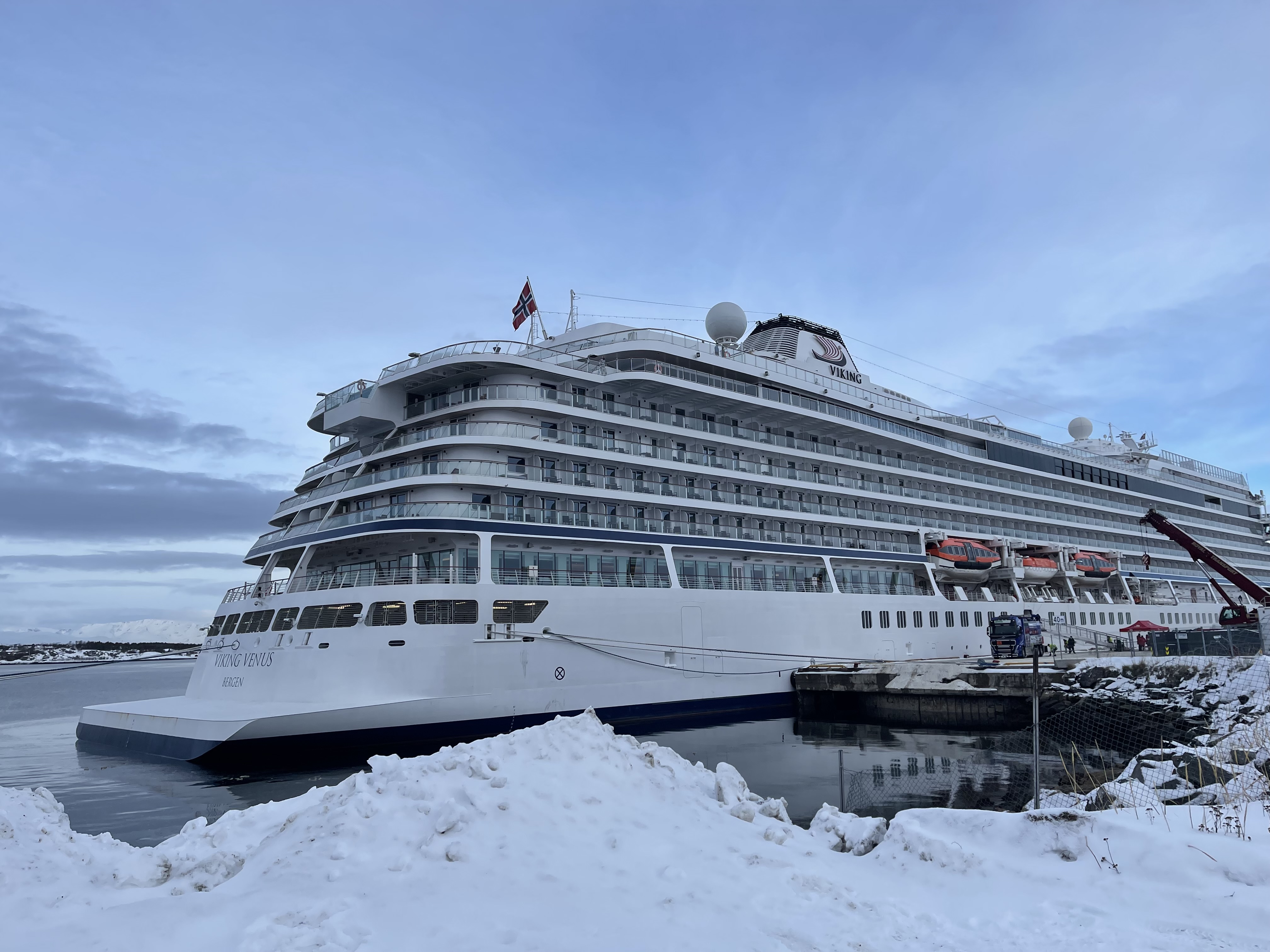https://www.an.no/kan-bodo-bli-en-barekraftig-cruise-destinasjon/o/5-4-1839345
Opinion peace by: Hindertje H. Heemstra, Julia Olsen and Karin Wigger
Balancing UN Sustainable Development Goals with a Focus on Cruise Tourism: Is it Possible?

Many of the challenges associated with cruise tourism are international but have significant local consequences. For instance, emissions that pollute water and air (including greenhouse gases), a large influx of tourists disembarking in a short time, causing strain on nature and the local population, and cruise ships that don’t leave much money behind locally.
Just like with all forms of tourist transport, the entire business model of the cruise industry revolves around maximizing profit per passenger. Even though international and national regulations help reduce emissions and improve the industry’s social standards, more destinations need to find local solutions to manage cruise guests.
This conflicts with the cruise industry’s business model, which focuses on maximizing profit per passenger. Cruise tourists purchase all-inclusive tickets, which include food, entertainment, and excursions. To profit from local excursions, the cruise industry tries to source them locally as cheaply as possible and sell them to tourists at high prices.
Bodø municipality aims to increase its sustainability while also becoming an attractive cruise destination. Sustainable tourism involves economic and social benefits from the development of a tourist destination while reducing unwanted negative impacts on the social environment, nature, or cultural and historical heritage. Can these goals be combined?
The research project “Sustainable Arctic Cruise Communities: From Practice to Governance” addresses this question. Since 2020, an international team of researchers, led by Nord University in Bodø, has been investigating the management and governance of cruise ships and cruise tourism in Arctic destinations in Norway, Iceland, and Greenland.
The answer to whether a local community can coexist with cruise tourism in a sustainable manner depends on how effectively they can organize related activities. For example, the handling of arrivals, the organization of experiences, and the delivery of services must be done sustainably. Handling often involves accommodating cruise guests without compromising the quality of life for the local population. At the same time, it should involve the responsible use of existing infrastructure, facilities, and natural resources without compromising local needs.
The destination Bodø actively works towards higher sustainability standards and commits to continuous improvements for increased sustainability in the area. However, the industry is marked by a classic dilemma: Cruise tourism is considered an attractive source of income, but it is also seen as unsustainable due to emissions, pollution, and strain on nature and the local community.
Collaboration among local tourism and service providers enhances the quality of various services and helps establish realistic prices. While Bodø has much to offer, it may not appeal to everyone. Companies solely focused on maximizing their own profit without contributing to the destination’s value creation should consider other alternatives. Therefore, it’s crucial to communicate to cruise companies and guests how business is conducted in Bodø and encourage them to follow local practices. In other words, “When in Rome, do as the Romans do.” Thus, clarifying expectations and setting boundaries is essential.
Project results from other destinations in Northern Norway show the importance of encouraging responsible behavior among cruise guests, including avoiding littering, taking time for meaningful experiences, participating in smaller group activities, engaging with the local population, and minimizing their environmental footprint. At the same time, the local population should be able to maintain their lifestyle without unnecessary disruptions from cruise tourism. Despite cruise companies often being large international organizations, they have shown adaptability to new and stricter environmental standards and requirements for environmentally friendly operations.
With this background, our conclusion is that it may be wise for a destination to focus on quality rather than quantity.
In conclusion, it’s important to note that cruise guests act as ambassadors for a destination. It is possible to welcome cruise ship guests in a sustainable way, but this can only be achieved when the primary focus is not solely on economic profit. The destination must be prepared to set and enforce its limits and restrictions and articulate its expectations. It is also possible to say no if a form of tourism clashes with local values and desires!
